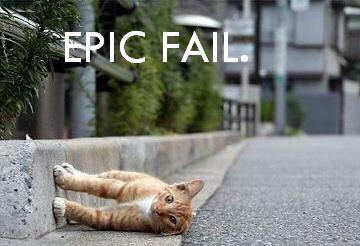
I was a dinner a couple months ago, when people started dissing buzzwords. One that came in for a hit was “failure.” “I hate it when people start touting the importance of failure” one diner declared (I’m paraphrasing here). The general sentiment of the table seemed to be disdain for the current management fad for “failing forward.” I, on the other hand, had one of those deep “I want offer a clever rebuttal but right now it’s 10 pm and the words just aren’t coming to me” moments.
It particularly bothered me because someone pointed to science as a counterargument to the prevailing narrative that “we are too afraid of failure.” “Science is premised on failure,” he said. “The experimental method is working fine.” Well no, it’s not. We are increasingly aware of the cumulative damage done by the fact that “failed” experiments don’t make it intopeer reviewed publications—negative results, though supremely important especially in the aggregate, aren’t sexy enough for publication. And the pressure to “succeed” (prove a hypothesis) is so high that there has been a recent swell in the number of fraudulent papers exposed and retracted. If the scientific community genuinely celebrated “failure,” we would have a more robust literature supporting analysis of what truly works and does not work in a given field. And people would, perhaps, feel less pressure to diddle their results.
A recent article brought that conversation back to me, and helped me articulate my feelings about that dinner conversation. The story was Game Changer: 4 Reasons Digital Learning Thwarts Feelings of Failure, in which Ossa Fisher grapples with talking about failure with her 6-year-old daughter. She points out that that failure has gone from being an outcome to being an identity, engendering fear of embarrassment and ridicule by peers, and therefore something students try very hard to avoid.
But assiduously avoiding failure means avoiding risk, which stifles originality and creativity. Fisher examines, and rejects, one approach to minimizing that fear for students—grade inflation (I was stunned to learn that the median grade for undergrads at Harvard nowadays is an A-. Clearly I attended college in the wrong era.) She asks instead, “how to do we keep failure as a consequence, emphasizing the importance of accountability, but reduce the fear? How do we make sure consequences are constructive and not identity-changing?”
And she points to gaming as a good model for fostering a tolerance for failure. Any gamer knows that failing (even “dying”) in a game is just an incentive to try again. Analyzing the aspects of gaming that support constructive failure, Fischer identifies (paraphrasing again):
- Frequent feedback
- Privacy
- Respect (what she calls “fail without ridicule”)
- Opportunities to try again. As she points out, “in a game, failure is never final. In fact, it almost always ends with “Play again?” and gives players the clear opportunity for another chance.”
She goes on to talk about how she applies these principles to the ed tech programs they create for K-12 students.
I encourage you to read the article and think about how to take a similar approach to fostering productive failure (and creativity, and experimentation) in the workplace, and (for your visitors) in the museum.
I encourage you to read the article and think about how to take a similar approach to fostering productive failure (and creativity, and experimentation) in the workplace, and (for your visitors) in the museum.
 |
| Image from 360.mmgn.com |
Monday musings are my way of sharing “brain blorts”: brief, off-the-cuff thoughts about something I have read recently, both to help clarify my thinking an in the hopes of generating discussion and response. I give myself 15 minutes or so to jot down a summary of the article(s) stuck in my brain, and outline why I think they may be important.

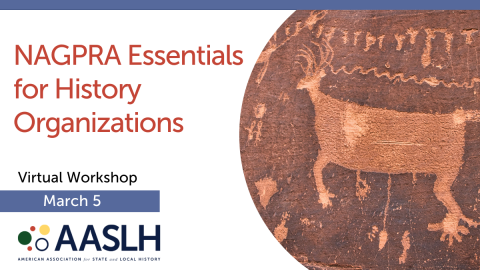

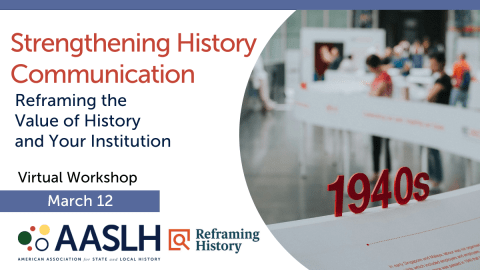
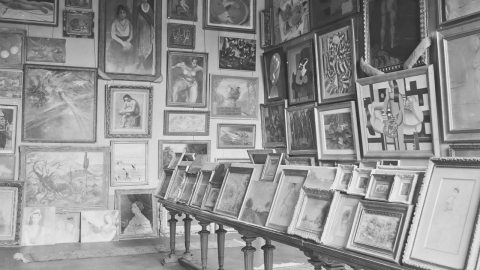

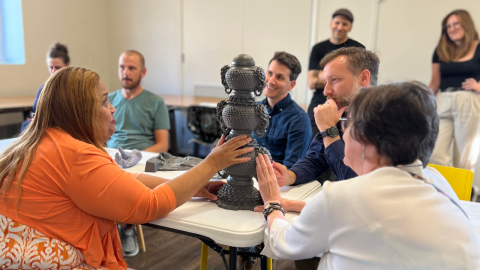

Oh yes. Failure (or as I was taught in academia: proving the null hypothesis) is a great and necessary result. There are governance issues that cannot be fixed and objects that cannot be saved. Knowing that allows me to put my energy into areas where I can do some good. Perhaps the museum community is moving ahead a bit in this area by no longer discouraging us from talking about our failures in public but we could definitely use more.
This is a great topic, and I have to agree with your frustration over failures as a supposed badge of honor. A related question is how do we learn from failure – individually and collectively?
Your citation of Fisher's points about gaming is interesting and there's another piece to the digital gaming experience that is only implied, which is that we as the player have the impression in many games that we learn from each failure/"death." Whether it's true or not games make us feel that we gain experience/skill that will help us succeed next time. Even games that are mostly or all luck often make us feel that it's worth continuing, that there is an ongoing set of achievements that are possible, even if it's just moving up a level in the game.
Which brings back the question of how do we promote that sense of learning, which, even in failure ("death in a digital game), is an accomlishment .